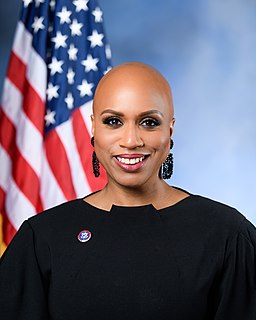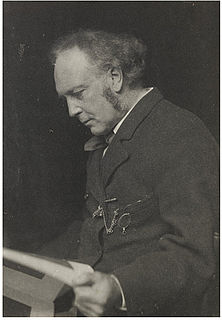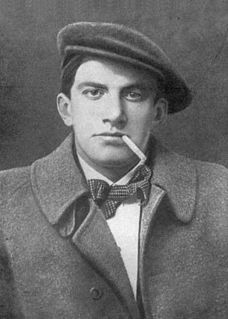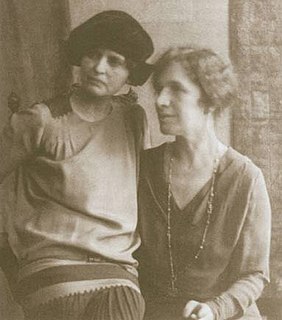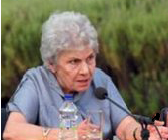Top 1200 March Poems Quotes & Sayings
Explore popular March Poems quotes.
Last updated on April 14, 2025.
When I worked on a magazine, I learned that there are many, many writers writing that can't write at all; and they keep on writing all the cliches and bromides and 1890 plots, and poems about Spring and poems about Love, and poems they think are modern because they are done in slang or staccato style, or written with all the 'i's' small.
These are crystalline - oftentimes incandescent - translations of Juarroz's powerful metaphysical poems where eternity and silence jut up against a world where “writing infects the landscape” and there are “more letters than leaves” - The kind of match one hopes for where both the translator and the poet are in luck; new poems which don't leak and yet old poems in which the original passion shines.
In my view, the most important lesson we can learn from Dr. King is not what he said at the March on Washington but what he said and did after the march. In the years following the march, he did not play politics to see what crumbs a fundamentally corrupt system might toss to the beggars for justice.
Dr. [Martin Luther] King led a very historic march here in Washington, D.C. It was a march for jobs and freedom. It was a march to raise expectations that this country could live up to its ideals. I have watched this debate, this conversation [betwin Hillary Clinton and Donald Trump] about bigotry, about racism, I find it all misplaced.
There are definitely connections between poems, but I wanted each to stand on its own. I guess it goes back to the idea of trying to zoom in and out, and to modulate, so there are different ways of looking at any experience for the reader. Even having short poems and long poems - there has to be some kind of variation in the experience of reading as a whole.
I think that the casual reader and the lyric and confession are trickily tied up together. I mean often when I read my students' poems my first impulse is to say, "O, the subject of this pronoun, this 'I,' is whatever kid wrote this poem." The audience for lyric poems is "confessionalized" to some extent. And I think this audience tends to find long narrative poems, for instance, kind of bewildering.
It's true, there aren't many explicit references to Canada in my book. And not many explicit references to the U.S., either. I try to fill my poems with enough real, observed detail that the poems create a believable world - but I don't write poems for the sake of telling my own story. My life is not important or interesting enough to warrant that kind of documentary. Instead I try to use my experience as a way of understanding situations that are common to many people. I want readers to project their own lives onto my poems.
There is nothing “still” in the remarkably visceral poems of Alexander Long's third collection, Still Life, and nothing is at rest in these restless and edgy poems. Conversational and kinetic, these poems chart the traces left by the shifting overlays of the templates of literature, rock-and-roll, and contemporary culture. As each poem in Still Life attempts to fix a focus upon a scene or subject, the protean natures under view draw the poet into the eddies and complexities of reflection. This is a powerful and moving collection of poems.
The latest numbers we have for March 2017, they showed that March was the fourth warmest month that we have records on, dating back to the 1880s, and the warmest month in a non-El Niño period. That is to say, we're kind of in a permanent El Niño now. The temperature is always elevated. March saw record lows for the date in global sea ice. That's really, really scary. We are melting some of the biggest physical features on our earth.

